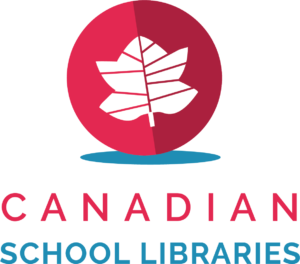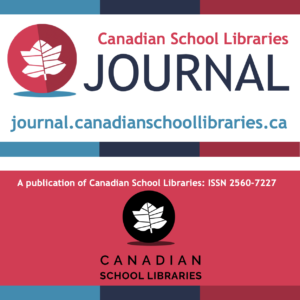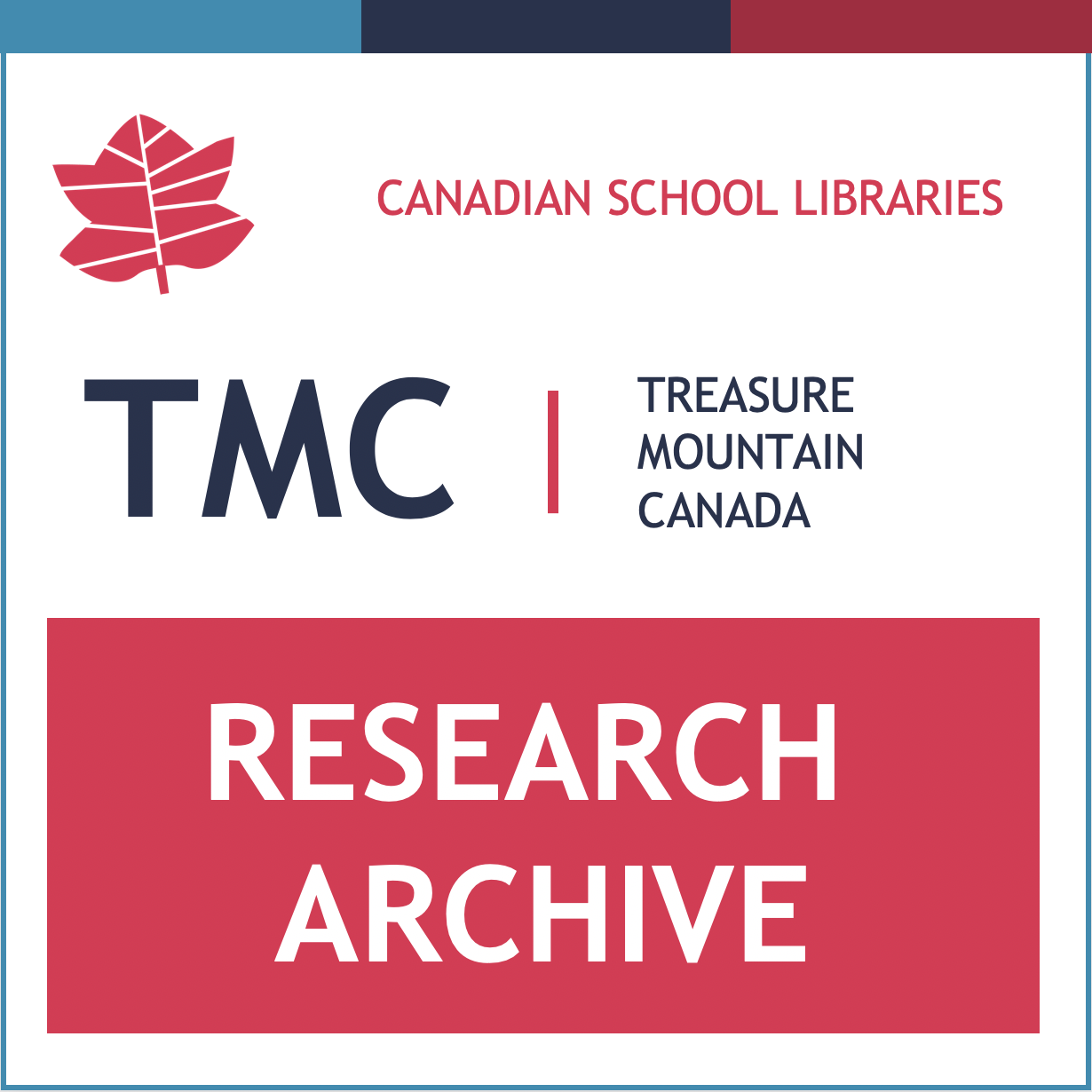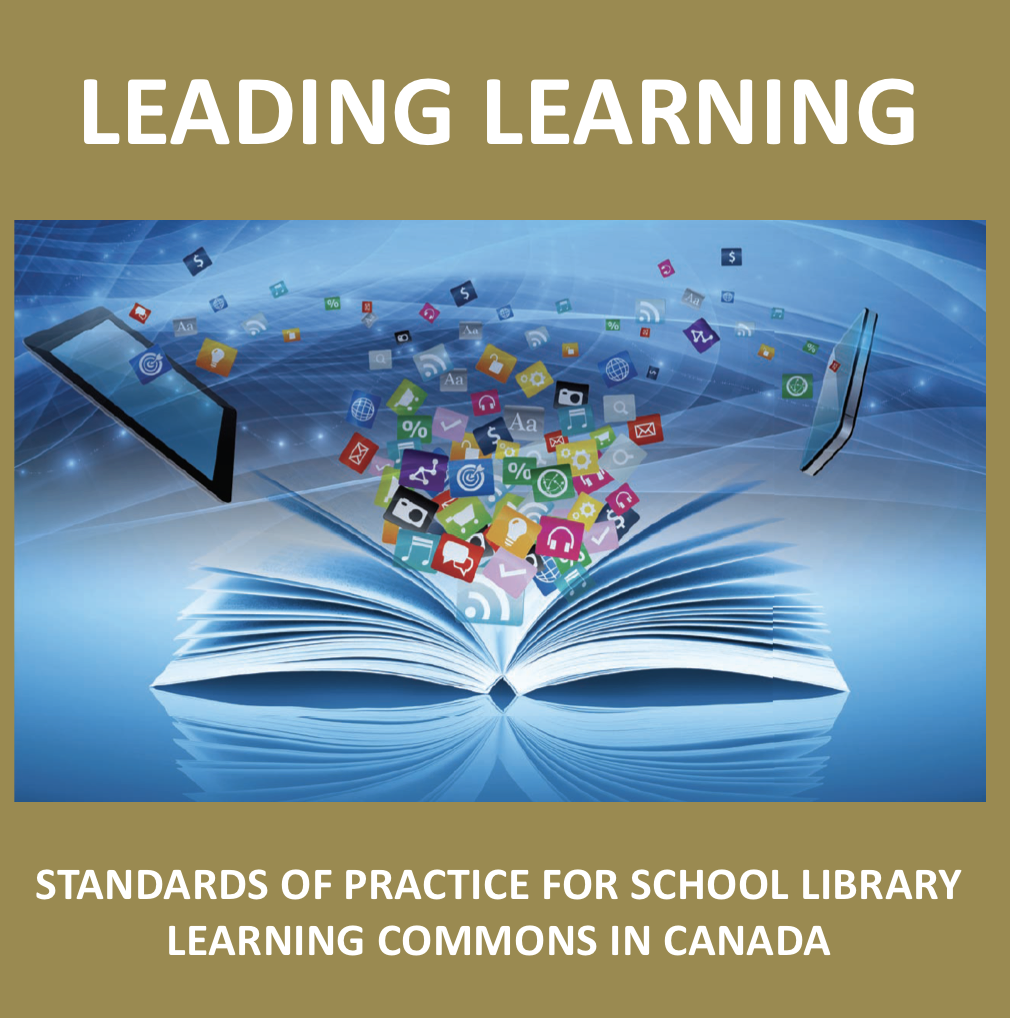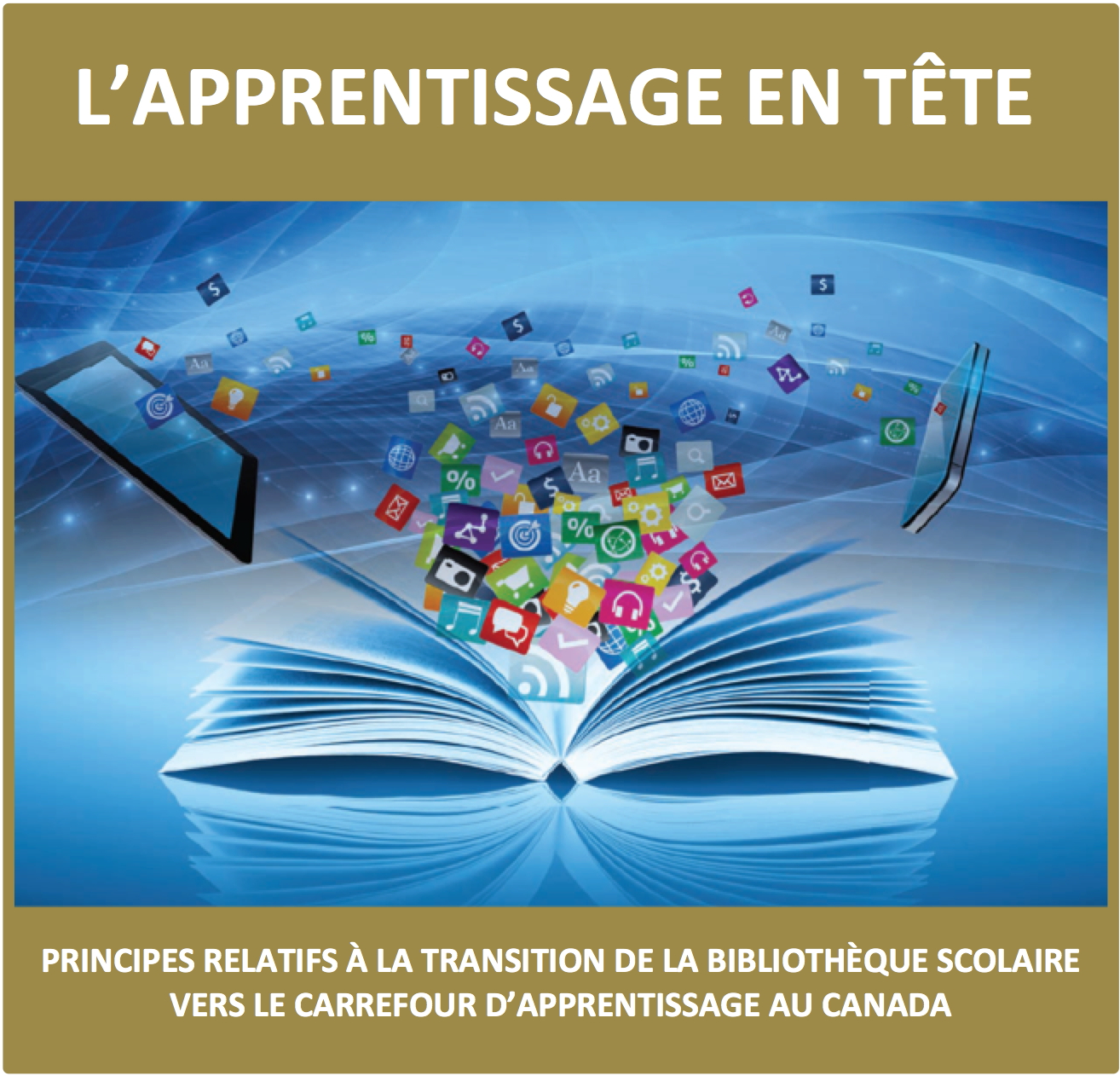Like so many Canadians, I have been seriously affected by truths about our society and our history that have emerged since the release of the Truth and Reconciliation Commission’s (TRC) Calls to Action in 2015. I’ve been struggling personally and professionally with how to address reconciliation for many years, but my great worry has always been that so many well-intentioned words and actions from settlers like me have the potential for perpetuating paternalistic approaches. I needed to get past the paralysis that worry can inflict, and I think I’ve finally started down that path.
I’ve had a few “aha moments” over the past year that have helped. Reconciliation begins with truth, and it is our responsibility to learn truths previously unknown, misrepresented or untold. This idea has been brought home to me in so many ways, a couple of which I share here.
Truth in Our Stories
I was fortunate to attend the Manitoba School Library Association’s conference last October, the theme of which was Truth in Our Stories: Seeking a Path to Reconciliation. MSLA’s approach was brilliant. Instead of having educators presenting to other educators, conference participants gathered to listen. All of the presenters were from the local Indigenous community, and our task was to watch, listen and to learn, which indeed we did. Listening inspires humility, and the stories we heard inspired hope.
Other “aha” moments came at the Ontario Library Association Super Conference 2018. Respected journalist and conference keynote speaker Jesse Wente spoke about the importance of stories. His words in this article written in 2017, as Canada 150 approached, also confronted how stories have been used to institutionalize assimilation, with devastating results. (Canada needs to give Indigenous stories the platform they deserve.)
The interest is there, because after 150 years, we’re finally trying to know each other. That’s what Canada 150 is: the first time in its history, really, that Canada seems to be trying to know its Indigenous peoples. Truly know them. And what’s one of the best ways to get to know someone? Through stories.
Of course, colonial states know that – that’s why they obscure and steal stories, and create new ones, to reinforce the colonial state.
I was also very encouraged by author and OSLA spotlight speaker Jael Richardson’s advice to teacher-librarians to work diversely, read diversely and live diversely as we use the power of libraries to shape an inclusive future. I’ve taken her advice to heart.
Reading Diversely: Over the past year I’ve been reading as much as I can by Indigenous authors. I’m so impressed with the vibrancy of Indigenous literature, fiction and non-fiction, for all ages of readers. As Jesse Wente says, we get to know people through stories, and it is so gratifying to see these stories becoming visible. I have also been seeking to understand Canada’s history unfiltered by the colonial lens that has skewed our national psyche for so long. That learning journey has included participation in the University of Alberta’s MOOC, Indigenous Canada, which should, in my humble opinion, be required learning for every Canadian.
Working Diversely: My work is focused on supporting practice in the school library learning commons. To me the most important thing for educators to face up to is acknowledging that truth as we have historically known it is as it has been told, and understood, through our own cultural lens. Dr. Dianne Oberg (TMC 2017) encourages us to increase our cultural competency in this regard as we consider strategies for improving practice.
In much of our practice as educators, we avoid acknowledgement of race and culture—including our own race and culture–and sometimes we use terms such as ‘diversity’ and ‘multiculturalism’ without thinking deeply about our assumptions about the world that are encompassed within those terms. Our profession is predominately white, female, middle class, and well educated, but rarely do we engage in discussions, for example, about whiteness and white privilege, or about gender politics and power. Without recognizing and understanding our own culture, it is impossible to recognize and understand in any meaningful way the culture of others. Both are essential parts of cultural competence. (Oberg, 2017)
My work with Canadian School Libraries has allowed me to help highlight some of the amazing educators who are engaged in this discourse, and who are taking amazing leadership in their school communities. Take for example:
- Creating a website for BC educators dedicated to integrating Indigenous ways of knowing and learning. Monica Berra & Leona Prince (2017). Why Taking Your Seat at the Fire?
- An educator’s personal reconciliation journey and translating that into action at her school. Jo-Anne Gibson (2017). Facilitating Reconciliation Through the Library Learning Commons
- An urban school’s journey and teachers’ increasing cultural competency. Joel Krentz (2017). Infusing Indigenous Perspectives in Our Teaching and Learning
- Ontario schools seek to repair relationships and move forward with greater understanding of our history. Glenn Turner (2018) Ontario’s School Libraries and Treaties Recognition Week
Living Diversely: It’s all about relationships. Jael Richardson encourages us to live diversely within our own communities, and I am seeking out opportunities to make personal and community connections. These days my working relationships are mostly formed through professional associations. I am so fortunate to be able to connect with colleagues and friends in the Ontario Library Association, and particularly grateful to be involved in its mentoring committee and the Spirit of Reconciliation project.
My involvement in Canadian School Libraries (CSL) has included facilitating the TMC5 research symposium which focused on culturally relevant and responsive school library learning commons. CSL is also a member association of the Canadian Federation of Library Associations / Fédération canadienne des associations de bibliothèques (CFLA-FCAB). CFLA-FCAB, which has been very aggressive in its response to the TRC Calls to Action, releasing its own report and recommendations for reconciliation and decolonizing Canada’s libraries.
Hope in an Uncertain Times
Our collective journey has just begun, and there is so much more to learn. There is so much work to be done, and it is easy to become discouraged. But I am certain that we are on the right path. I see so much hope and optimism in the leadership being taken by Indigenous leaders, communities and individuals. I see so much hope in the humility of so many Canadians who have truly been taken aback at their own ignorance as truths have emerged over the past few years, and have started down a similar learning path to my own. I have found this article, What reconciliation is and what it is not, from Indigenous Corporate Training very helpful in keeping us honest as we move forward.
I feel very strongly that as educators and particularly as school library practitioners we must come down firmly on the side of information and media literacy as we help our fellow learners critically assess what they read and hear, understanding deeper nuance, and making informed decisions for themselves. We must actively raise our voice when conversations degenerate to blinkered and intolerant pronouncements and actions from leaders and citizens who should be held to higher standards. The school library is a window to the wider world. Where better to find truth in our stories.





